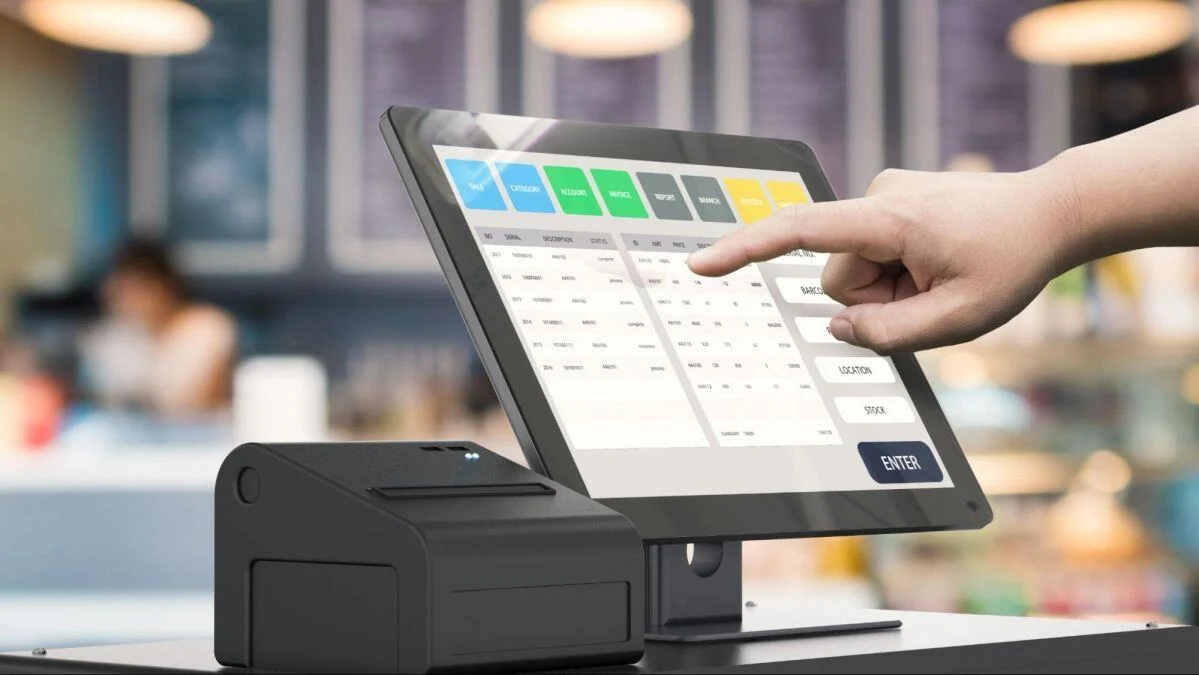The Importance of PCI Compliance in POS Systems

In today’s rapidly evolving retail landscape, businesses must ensure that their payment processes are secure, efficient, and compliant with industry standards. A critical element of this security framework is PCI compliance, which stands for Payment Card Industry Data Security Standard (PCI DSS). For businesses utilizing Point of Sale (POS) systems, adhering to PCI compliance is not just a recommendation but an absolute necessity. In this blog, we will explore the significance of PCI compliance, its role in POS systems, and how it safeguards sensitive customer data.
Understanding PCI Compliance
PCI DSS is a set of security standards established by major credit card companies like Visa, Mastercard, American Express, Discover, and JCB. The goal of PCI compliance is to protect cardholder data and reduce the risk of data breaches. These standards apply to any organization that accepts, processes, stores, or transmits credit card information.
For POS systems, which act as the frontline of payment processing, compliance with PCI DSS ensures that both the hardware and software are secure, minimizing vulnerabilities that cybercriminals could exploit.
Why PCI Compliance Matters
- Protecting Customer Data One of the primary objectives of PCI compliance is safeguarding sensitive cardholder data, such as credit card numbers, expiration dates, and CVV codes. POS systems are often targeted by hackers because they handle large volumes of payment data. Compliance ensures that robust encryption and tokenization methods are used to protect this information from unauthorized access.
- Building Customer Trust In an era where data breaches make headlines regularly, customers are increasingly concerned about the safety of their personal information. A PCI-compliant POS system reassures customers that their payment data is handled securely, building trust and enhancing brand loyalty.
- Avoiding Financial Penalties Non-compliance with PCI DSS can result in hefty fines from payment processors and credit card companies. These penalties can range from $5,000 to $100,000 per month, depending on the severity of the breach and the level of non-compliance. By adhering to PCI standards, businesses can avoid these costly repercussions.
- Reducing Risk of Data Breaches Data breaches can have devastating financial and reputational consequences for businesses. PCI compliance significantly reduces the risk of such incidents by implementing strict security measures, including firewalls, intrusion detection systems, and regular vulnerability assessments.
- Meeting Legal and Contractual Obligations Many payment processors and banks require merchants to comply with PCI DSS as part of their contractual agreements. Failure to comply could lead to termination of these agreements, cutting off the ability to accept card payments altogether.
Key PCI Compliance Requirements for POS Systems
To meet PCI DSS standards, businesses using POS systems must address several key requirements:
- Install and Maintain a Secure Network: Ensure that firewalls and routers are properly configured to protect cardholder data.
- Protect Cardholder Data: Use encryption and tokenization to safeguard sensitive information during transmission and storage.
- Implement Strong Access Control Measures: Restrict access to cardholder data on a need-to-know basis and enforce strong password policies.
- Monitor and Test Networks Regularly: Conduct regular security scans and penetration tests to identify and address vulnerabilities.
- Maintain a Vulnerability Management Program: Keep POS software and hardware updated with the latest patches to defend against emerging threats.
Best Practices for Ensuring PCI Compliance in POS Systems
- Choose a PCI-Compliant POS Provider When selecting a POS system, opt for providers that explicitly offer PCI-compliant solutions. These systems are designed with built-in security features that meet PCI DSS requirements.
- Conduct Regular Security Audits Periodic audits can help identify gaps in compliance and address them proactively. Work with certified PCI assessors to ensure thorough evaluations.
- Train Employees on Security Protocols Human error is a significant factor in security breaches. Training employees on the importance of PCI compliance and proper handling of payment data can reduce risks.
- Enable Advanced Security Features Features such as EMV chip card readers, point-to-point encryption (P2PE), and two-factor authentication can further enhance the security of your POS system.
- Stay Updated on PCI DSS Changes The PCI DSS is regularly updated to address new security challenges. Staying informed about these changes ensures that your POS system remains compliant.
Conclusion
PCI compliance is more than a regulatory requirement—it is a cornerstone of secure and trustworthy payment processing. For businesses using POS systems, adherence to PCI DSS not only protects sensitive customer data but also builds trust, avoids financial penalties, and reduces the risk of data breaches. By prioritizing PCI compliance and integrating robust security measures, businesses can safeguard their operations and foster long-term success in an increasingly digital world.
Ensuring PCI compliance may require an investment of time and resources, but the benefits far outweigh the risks. Make it a priority today to protect your business and your customers.






